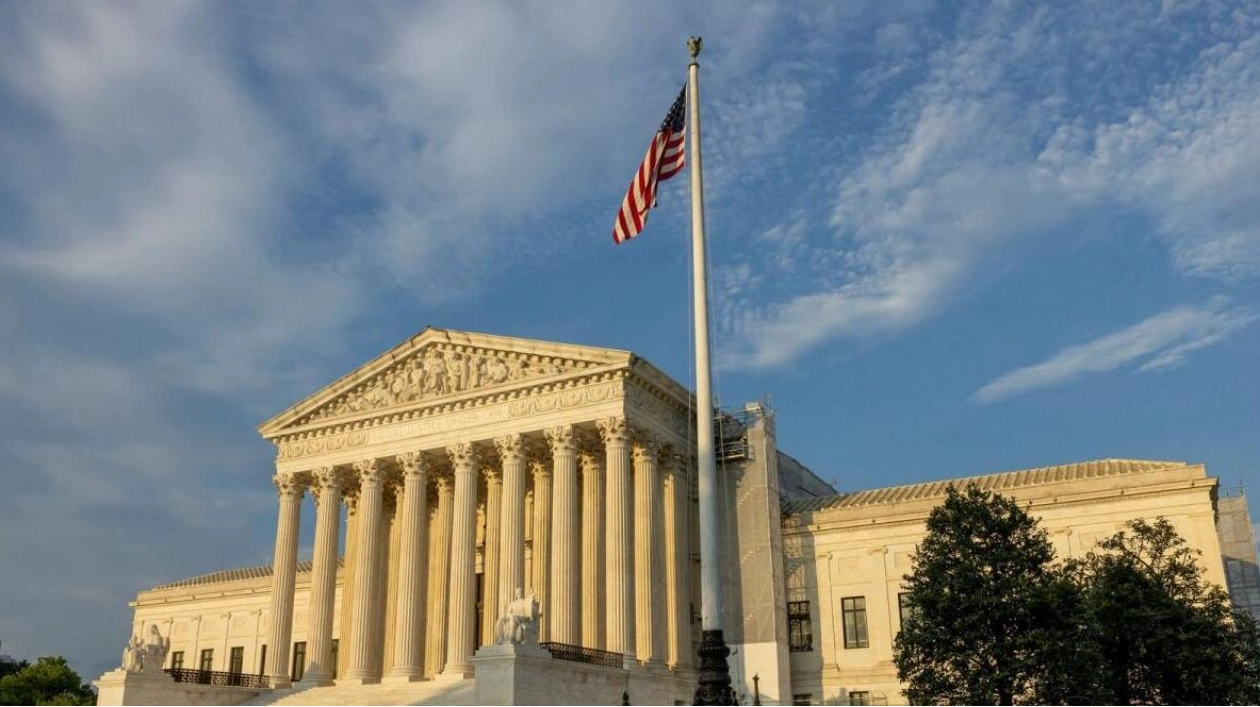This term, the U.S. Supreme Court's conservative majority has focused its legal efforts on reducing federal regulatory powers, reinforcing its pivotal role in a protracted campaign by business interests and others to weaken the 'administrative state.' The court's broad decisions have restricted the federal government's ability to regulate areas ranging from stock trading to pollution. Despite these actions, the justices chose not to further limit abortion rights or expand gun rights under the Second Amendment before the November 5 presidential election.
The court's nine-month term concluded on Monday, with a significant ruling issued on Friday. In this ruling, the six conservative justices overturned a 1984 precedent known as 'Chevron deference,' which had instructed courts to respect government agency interpretations of federal law. This decision, eagerly anticipated by business and conservative groups, will facilitate judges in questioning the actions of U.S. agencies, thereby enabling legal challenges to federal regulations concerning air and water quality, food and drug safety, employment standards, and investor protection.
Additionally, the conservative majority ruled that the Securities and Exchange Commission's internal handling of fraud penalty enforcement actions violates the Seventh Amendment's right to a jury trial. This ruling could impact other agencies, complicating their regulation enforcement efforts.
Attorney Misha Tseytlin, who has argued cases before the court, noted that the Chevron deference ruling is the most significant administrative law decision in decades from the U.S. Supreme Court, fundamentally altering both litigation over agency rules and the agencies' rulemaking processes. The court has also previously limited agency powers, such as restricting the Environmental Protection Agency's authority to reduce power plant emissions in 2022.
Legal experts debate the extent to which these rulings have weakened regulatory agencies. Some, like Fordham University's Abner Greene, argue that the court is dismantling the federal regulatory state by limiting Congress's ability to develop federal policy through agencies. However, George Mason University's Ilya Somin suggests that while the justices are skeptical of regulatory bureaucracies, they are far from destroying the administrative state.
In other significant cases, the court upheld the Consumer Financial Protection Bureau's funding mechanism in May and is expected to decide on a North Dakota convenience store's challenge to Federal Reserve debit card 'swipe fee' regulations.
Regarding abortion and gun rights, the court's conservatives had opportunities to further restrict access to abortion but chose not to, leaving the legal questions unresolved. Similarly, the justices declined to expand gun rights under the Second Amendment in a case involving a federal law banning guns for domestic abusers.
The court also declared a federal 'bump stock' regulation unlawful and has another firearms-related case scheduled for its next term. Additionally, the justices are set to decide on Republican-backed state bans on gender-affirming medical care for transgender minors in a Tennessee case.






